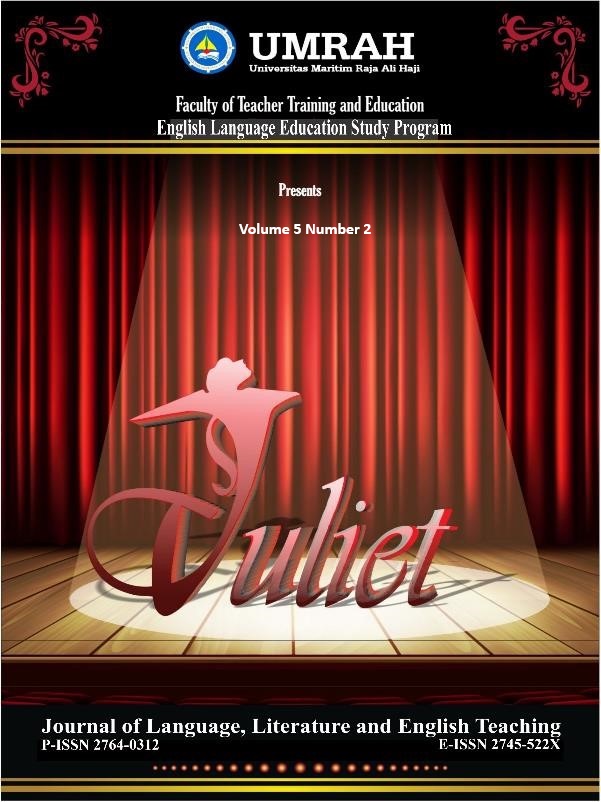Sociology Students' Perspectives on Quizizz Implementation in Formative Assessment for English Language Learning
DOI:
https://doi.org/10.31629/juliet.v5i2.7122Keywords:
Assessment tool, formative assessment, Sociology Students, Unified Theory of Acceptance and Use of Technology (UTAUT), QuizizzAbstract
In the educational sphere, technology has brought about significant changes, prompting English teachers to adopt innovative digital solutions to enhance their teaching practices. Quizizz, a dynamic and engaging platform, is one such tool that has gained considerable attention in educational settings. This study explores students' perceptions of Quizizz at Islamic University Balitar, using the Unified Theory of Acceptance and Use of Technology (UTAUT) as a framework. Researchers gather insights through customized interviews and observations, derived from previous research interviews. This tailored approach allows for a more relevant investigation into students' experiences with Quizizz. Once the data collection process is completed, the researcher analyzes the data using methods such as data condensation, data display, and coding. The findings suggest that students generally hold a positive attitude towards Quizizz. They recognize its capacity to augment their learning experiences, making studying more interactive and enjoyable. However, the investigation also reveals several challenges. For instance, unreliable internet connectivity and insufficient technological resources emerge as significant issues. These challenges can hinder the effective use of Quizizz and other digital learning tools. The study recommends that further research in different ESP contexts, such as management studies, could provide a deeper understanding of Quizizz among students. By conducting similar studies in various educational settings, researchers can gain a more comprehensive insight into the impact and effectiveness of Quizizz.
Downloads
Published
Issue
Section
License
Copyright (c) 2024 Journal of Language, Literature, and English Teaching (JULIET)

This work is licensed under a Creative Commons Attribution 4.0 International License.





